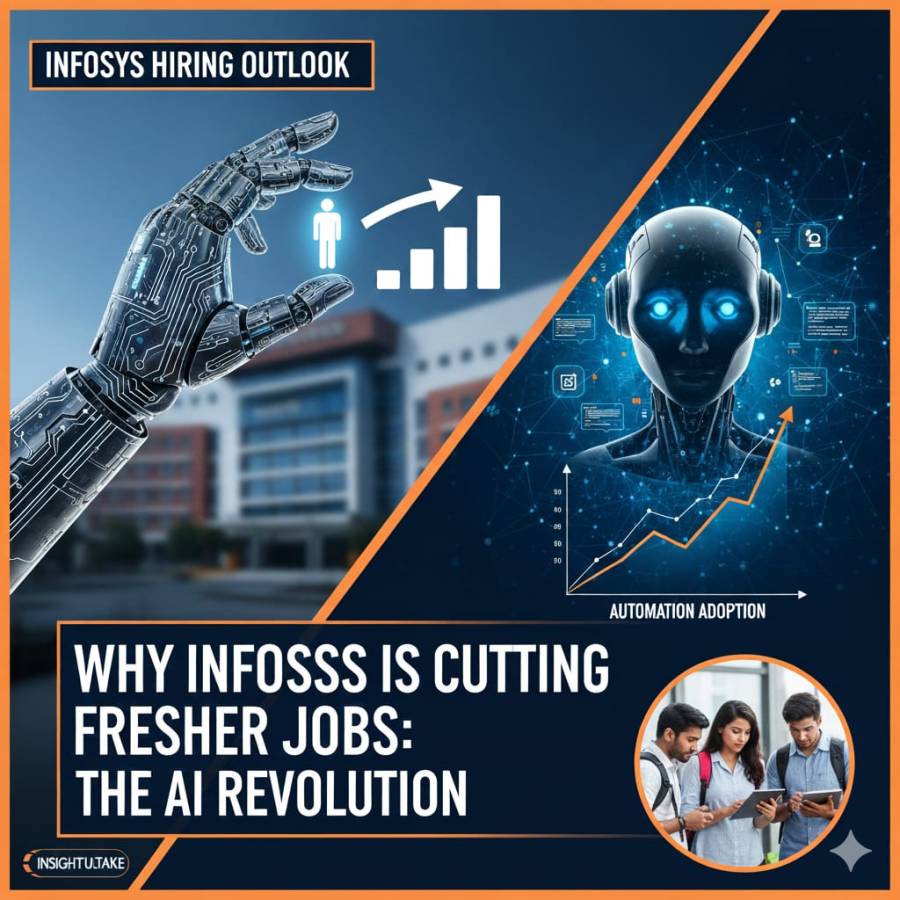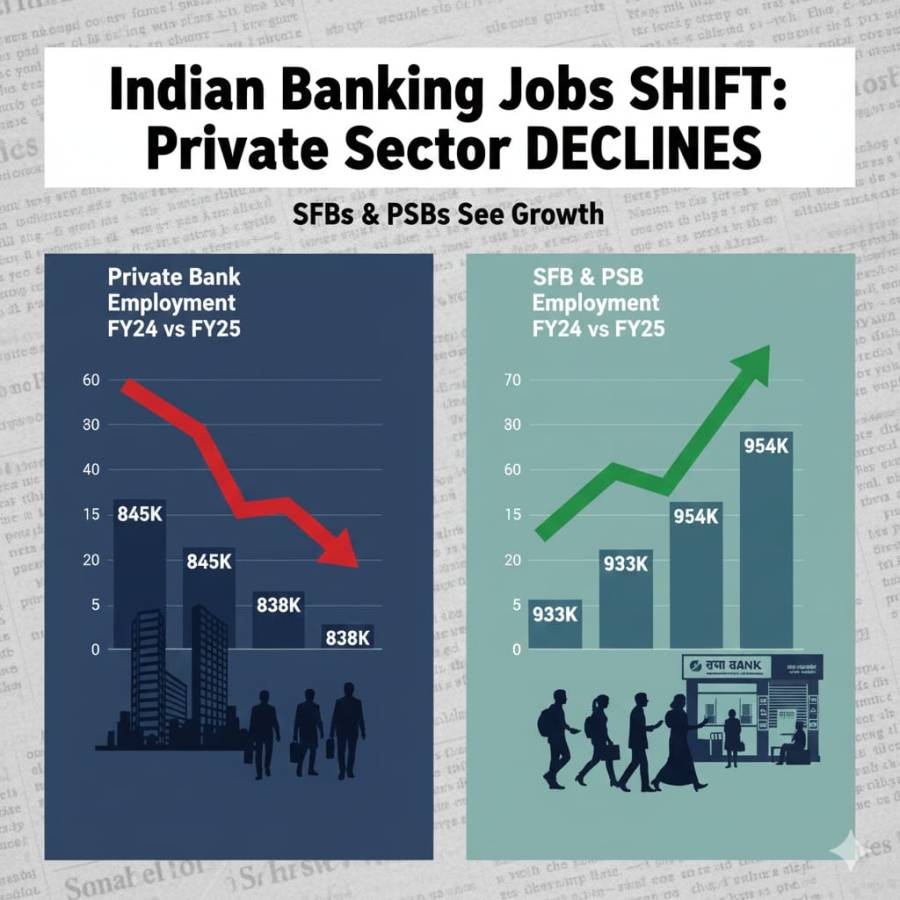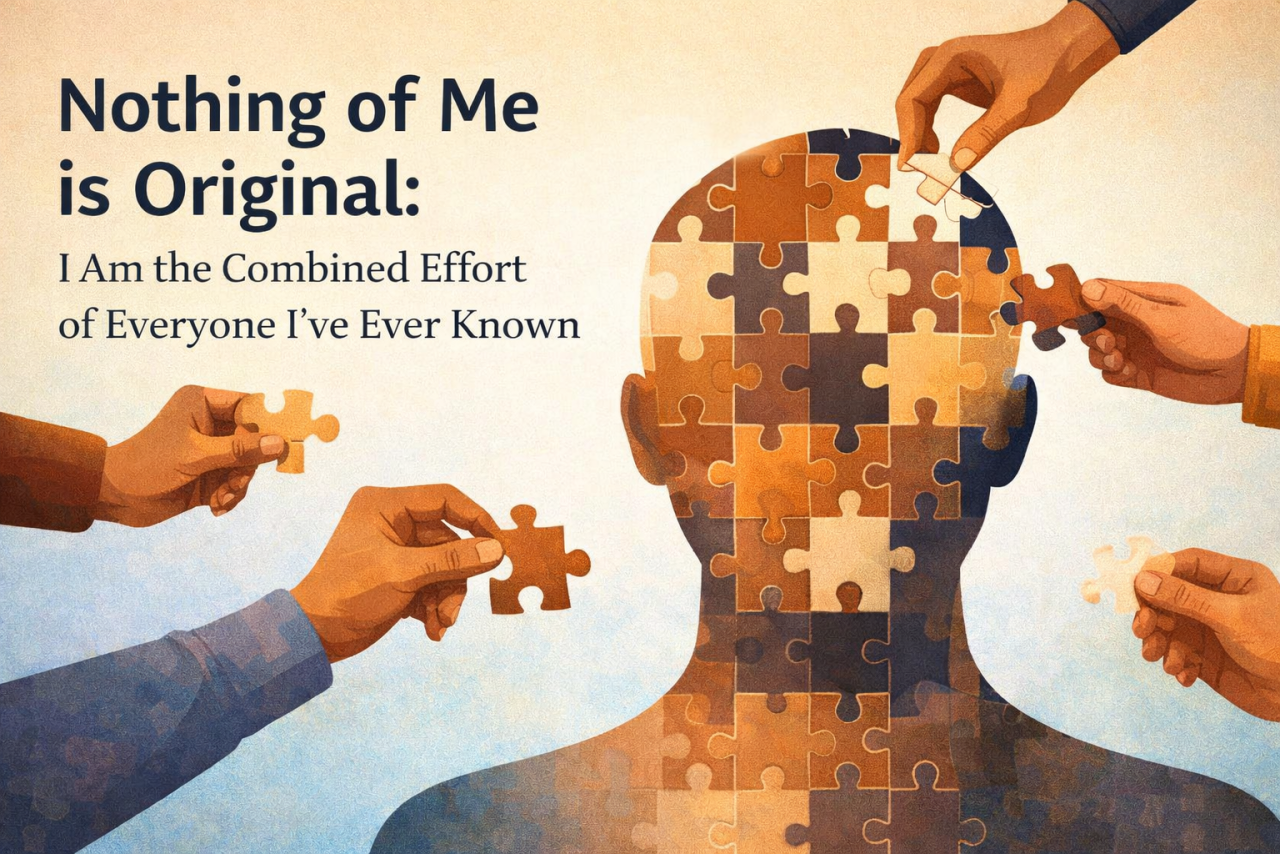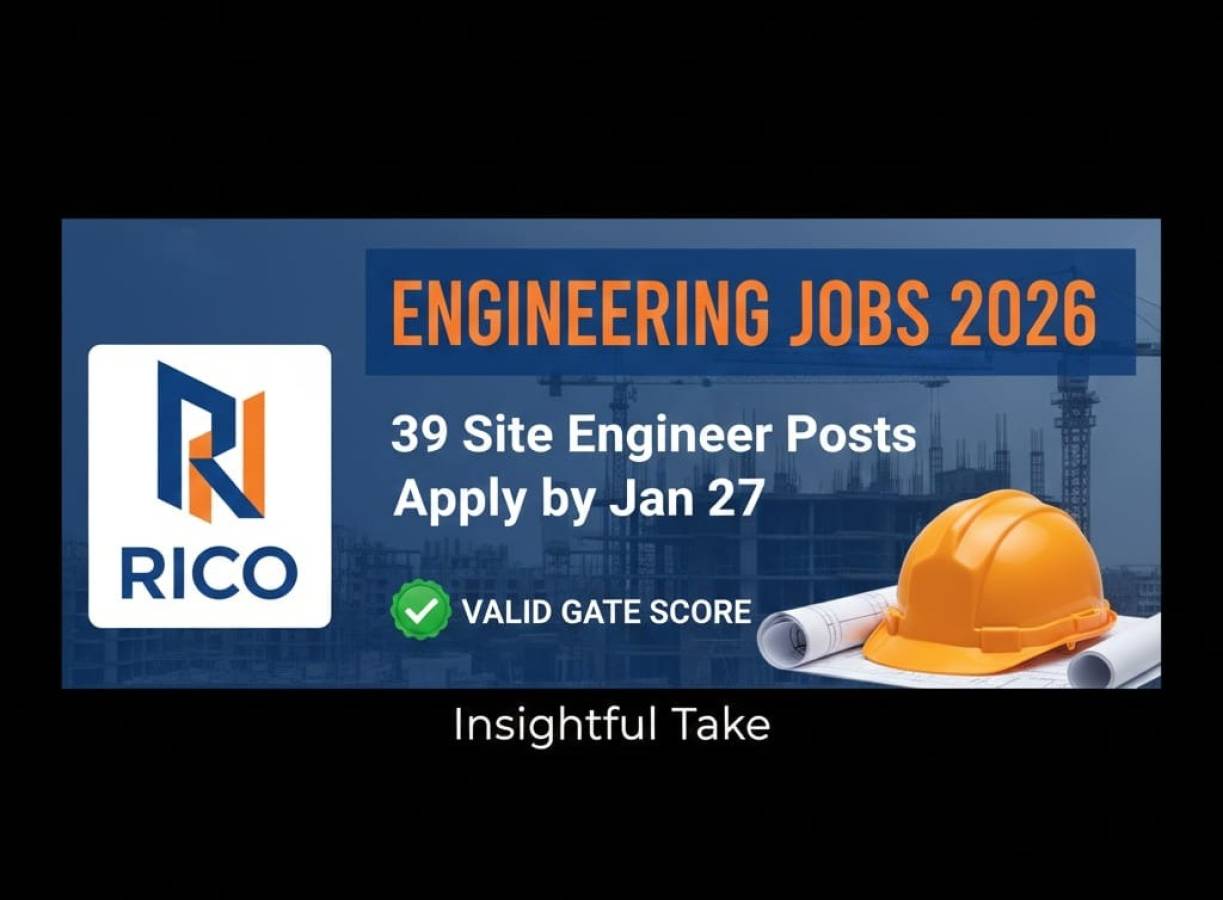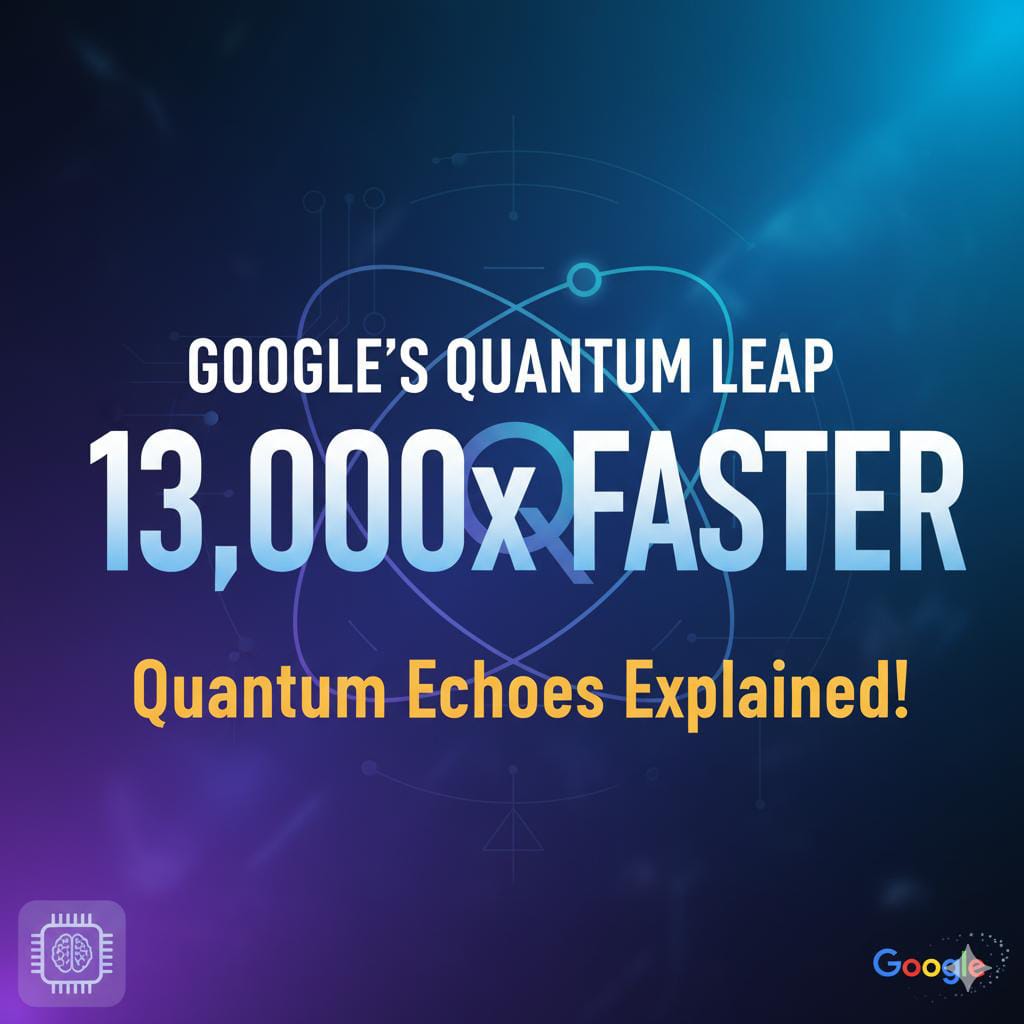
The technological landscape is witnessing a seismic shift with the recent breakthrough by Google in quantum computing. The company has developed a novel quantum computing algorithm, dubbed "Quantum Echoes," which represents a major step toward practical, real-world applications of this revolutionary technology. It signals an urgent need for the tech-savvy community to remain informed about the rapid progress in quantum mechanics and its potential to redefine computation and innovation.
The Breakthrough: A Verifiable Quantum Advantage
Google’s announcement centers on the successful deployment of the Quantum Echoes algorithm on its quantum chip, which achieved a calculation speed roughly 13,000 times faster than the best classical algorithm running on one of the world’s fastest supercomputers. This performance gap is a significant milestone, marking what is often referred to as a "verifiable quantum advantage."
Crucially, the algorithm's results are verifiable. In contrast to earlier demonstrations of quantum speedup, the outcome of the Quantum Echoes algorithm can be checked and repeated by other quantum computers or confirmed via conventional experiments. This verifiability transforms the breakthrough from a purely theoretical achievement into a practical computational tool ready for scientific utility.
The core function of Quantum Echoes is to model and explain the complex interactions between atoms in a molecule using nuclear magnetic resonance (NMR) techniques. By effectively acting as a "molecular ruler," the algorithm can probe the structure and dynamics of molecules with unprecedented speed and accuracy, opening the door for profound discoveries.
Redefining Scientific Research and Industry
The implications of this breakthrough stretch across multiple scientific and industrial sectors. The ability to simulate molecular structures rapidly and accurately is poised to revolutionize several fields:
Drug Discovery and Life Sciences: Scientists can use this power to identify and design new drug molecules more quickly, accelerating the development of life-saving medicines and gaining a deeper understanding of biological processes.
Materials Science: The algorithm will aid in the research and creation of new materials, such as more efficient catalysts, improved batteries for electric vehicles, or novel components for advanced electronics, by simulating their quantum properties.
Artificial Intelligence: As the news clip highlights, Google intends to leverage this quantum capability to enhance Artificial Intelligence (AI). Quantum computers could be used to generate entirely unique, high-quality datasets for training AI and machine learning models, especially in fields like life sciences where data is often scarce or difficult to acquire, thereby making AI applications more robust and sophisticated.
The Competitive Quantum Landscape
Google is not alone in this high-stakes race. The news clip rightly points out that major technology firms, including Amazon, Microsoft, and IBM, are heavily invested in quantum computing research and development. The collective focus on building stable, error-corrected qubits “the fundamental building blocks of quantum information” is intensifying the push toward a practical quantum computer. This concerted global effort underscores the belief that quantum computing is the next frontier of information technology, promising a computational power that will surpass the current generation of supercomputers.
For the tech-savvy individual, understanding quantum computing is rapidly moving from an academic curiosity to a career necessity. As quantum algorithms begin to mature and find their niche in specialized applications, proficiency in quantum principles, quantum machine learning, and quantum-safe cryptography will become increasingly valuable skills. Staying current with developments like the Quantum Echoes algorithm is essential to anticipate and prepare for the technological shifts that are already underway.


